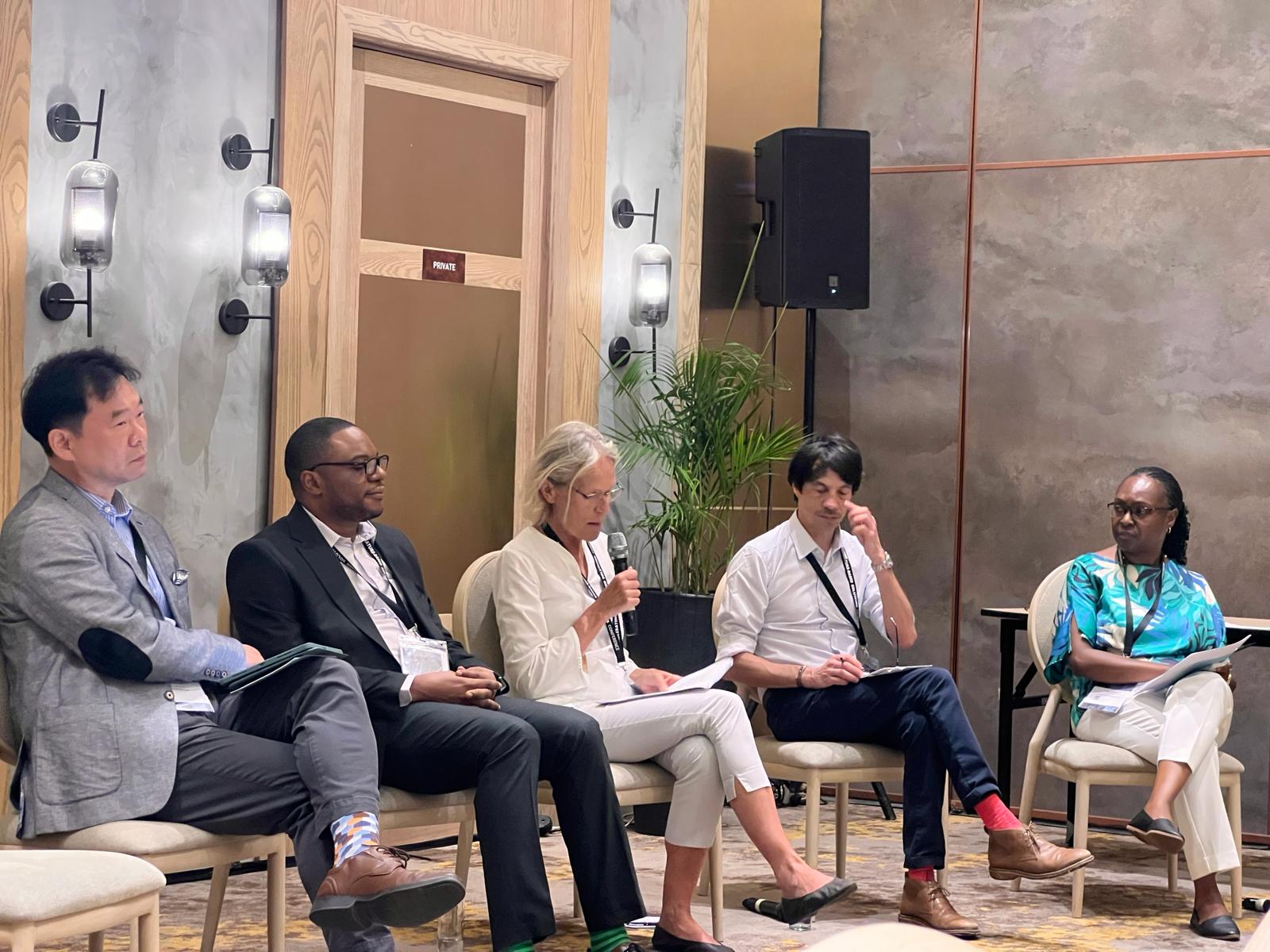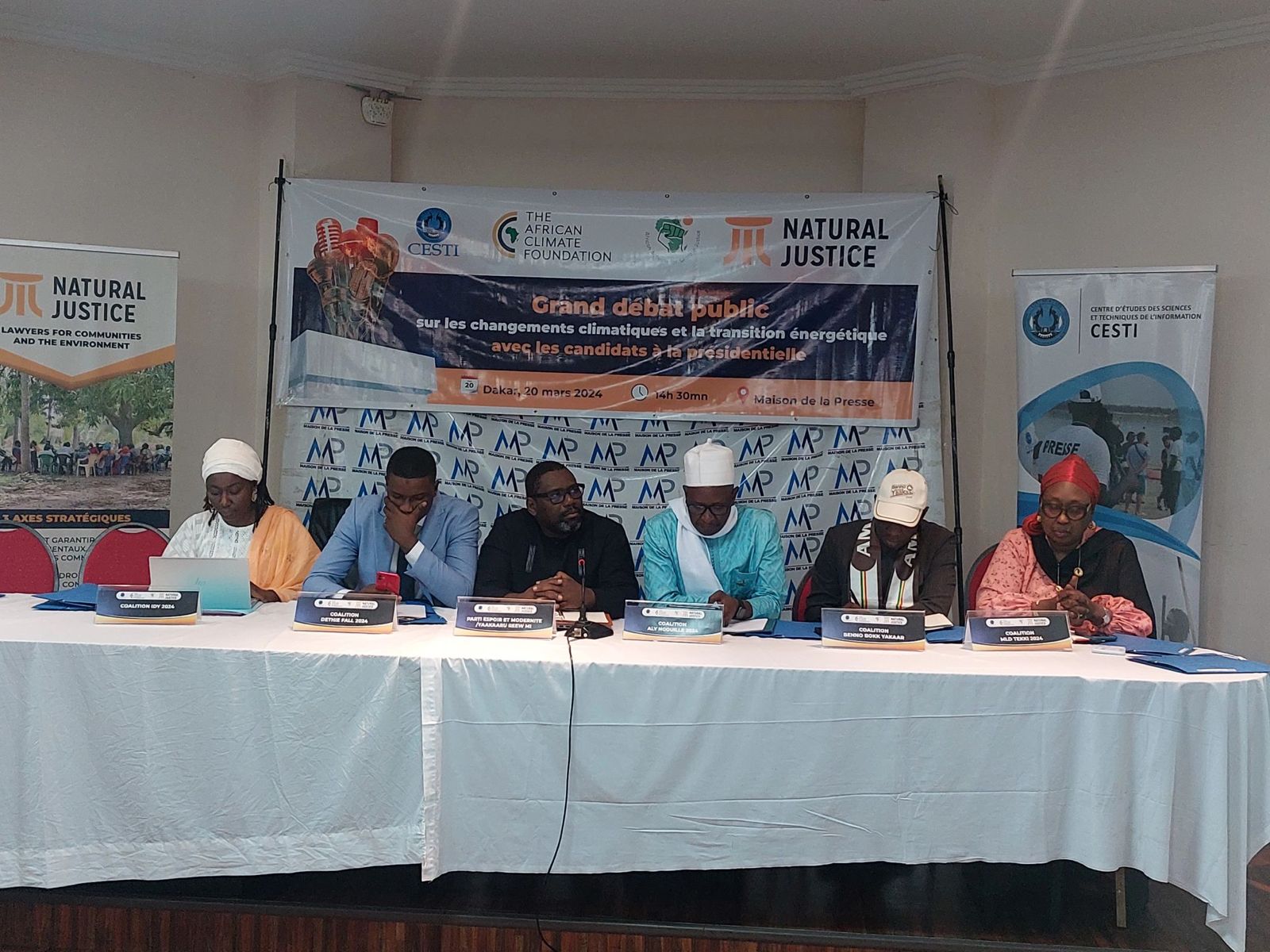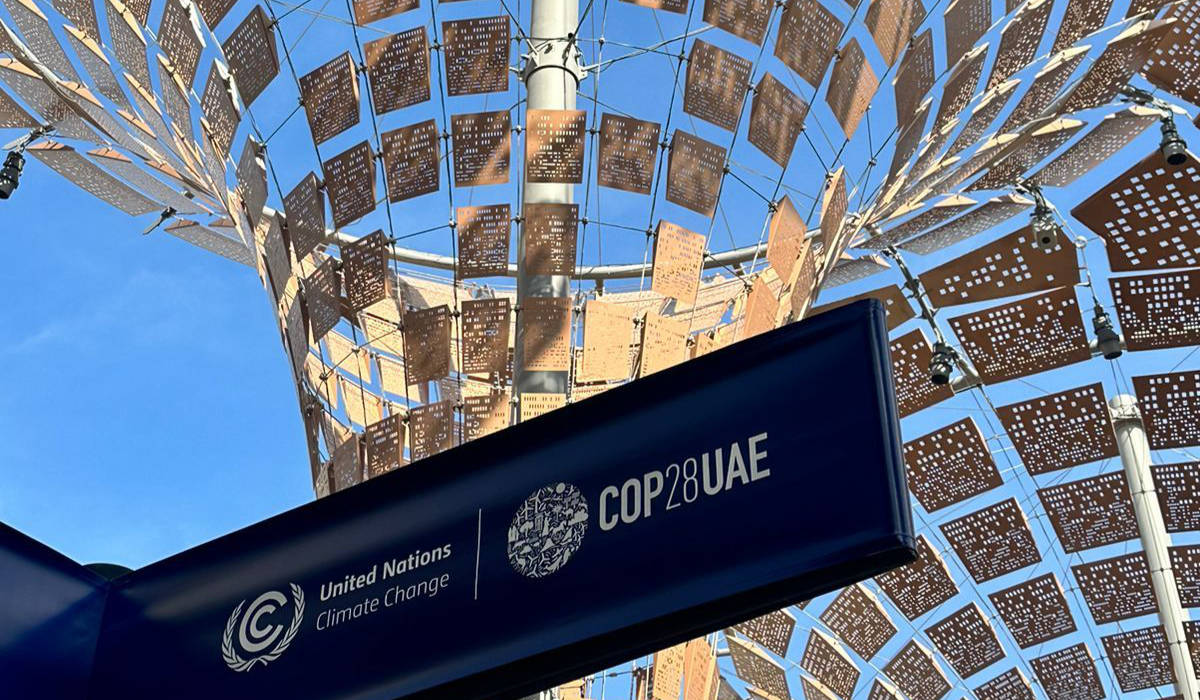Climate change action in 2022 progressed in leaps and bounds yet managed to stay stagnant on many fronts. Despite lengthy negotiations at COP27 in Egypt, there is still no clear plan on how countries will phase out fossil fuels and decarbonise their economies.
A net zero, fossil-free world by 2050 remains an aloof faraway goal. Also, the list of climate disasters in 2022 is harrowing and a clear indication of the impacts of climate change. Geopolitics and the war in Ukraine also hampered real progress at the annual climate talks.
Amongst the doom and gloom this year marked innovative new climate financing agreements, such as South Africa’s Just Energy Transition Investment Plan (JET-IP), which mobilises finances for South Africa’s green energy transition.
Probably the brightest light was the signing of the ‘loss and damage’ agreement at COP27, a deal that will have huge ramifications in the years to come. Climate finance played a leading role in the climate discourse this year, and the ‘loss and damage’ agreement is at its core a climate finance deal to help compensate vulnerable communities.
A new climate finance deal
Other climate finance deals also emerged over the course of 2022, most notably the details of South Africa’s ground-breaking JETP deal. After the JETP announcement at COP26 in Glasgow, 2022 saw the successful negotiation of a five-year, R1.5-trillion investment plan release shortly before COP27. The plan detailed how South Africa plans to transition and transform the coal-dependent South African economy.
The model’s success has inspired other regions, such as Indonesia, to implement a similar deal, while countries such as Vietnam, India and Senegal are looking to shape their own unique JETP suitable to their economies.
Climate disasters’ agonising toll
Many believe that the growing list of disasters set the table for the historic loss and damage agreement inked at COP27.
Flooding in KwaZulu Natal, South Africa and Somalia created untold hardship. Apart from the flooding, Somalia, as well as Ethiopia, had to deal with famine as well. Looking further afield, Pakistan was especially hard-hit with catastrophic flooding submerging a third of the country’s land. Around 2000 died while 20 million required humanitarian aid. Grave health concerns ran rampant in the wake of the floods with hazardous skin infections, malaria and diarrhoea driving the emergency. According to a Reuters report, the overall flood damages in Pakistan amounted to $30 billion.
Pakistan’s prime minister, Shehbaz Sharif, plea at COP27 set the tone for negotiating the historic ‘loss and damage’ agreement when he said, “we became a victim of something which we had nothing to do with.”
Other vulnerable nations’ appeal at the climate talks helped to sway the mindset of the developed nation, who had up to this year blocked any move to compensate countries in the Global South for climate change-related destruction.
The ‘loss and damage’ deal is still in its infancy and many of the details remain unclear, but for the first time, mechanisation is in place that could serve climate justice for so many vulnerable communities.
IPCC’s warning
The climate emergency warnings started early in 2022 when in February, the IPCC issued a stark warning that climate impacts are accelerating and could quickly become irreversible, putting millions of people at risk of food scarcity, disease, and heat stress.
The warning came amidst evidence that the international community was doing little to reach its target of limiting global warming to 1.5°C above pre-industrial levels, thanks to a failure to set sufficiently robust national objectives called the nationally determined contributions (NDC). Many of these NDCs while looking promising on paper, were still not being met.
Political green shoots in climate
While geopolitics and the war in Ukraine made climate diplomacy trickier, analysts point out that there are encouraging trends. One such development is the election of Luiz Inácio Lula da Silva in Brazil over Jair Bolsonaro, who dismantled several government divisions dedicated to climate change and whose policies contributed to rampant deforestation in the Amazon.
In the latter part of the year, China and the USA also grew closer as tensions thawed, especially on climate action. US president Joe Biden also passed landmark legislation pledging millions of dollars in subsidies for low-carbon technologies such as wind, electric vehicles, and batteries, which could spark a green investment revolution.
Africa, energy and climate
In Africa, the debate about energy security also took off, as governments debated how to provide energy security in an increasingly carbon-constrained environment. One of the fiercest debates remains on gas.
Amid the Ukraine war, Europe is scampering for gas supplies and looking to Africa to fulfil that need. But as fossil fuels are phased out to combat global warming, gas assets that are invested now, could end up as expensive white elephants in the long run.
It is a debate that will continue in 2023 as world events take shape.



